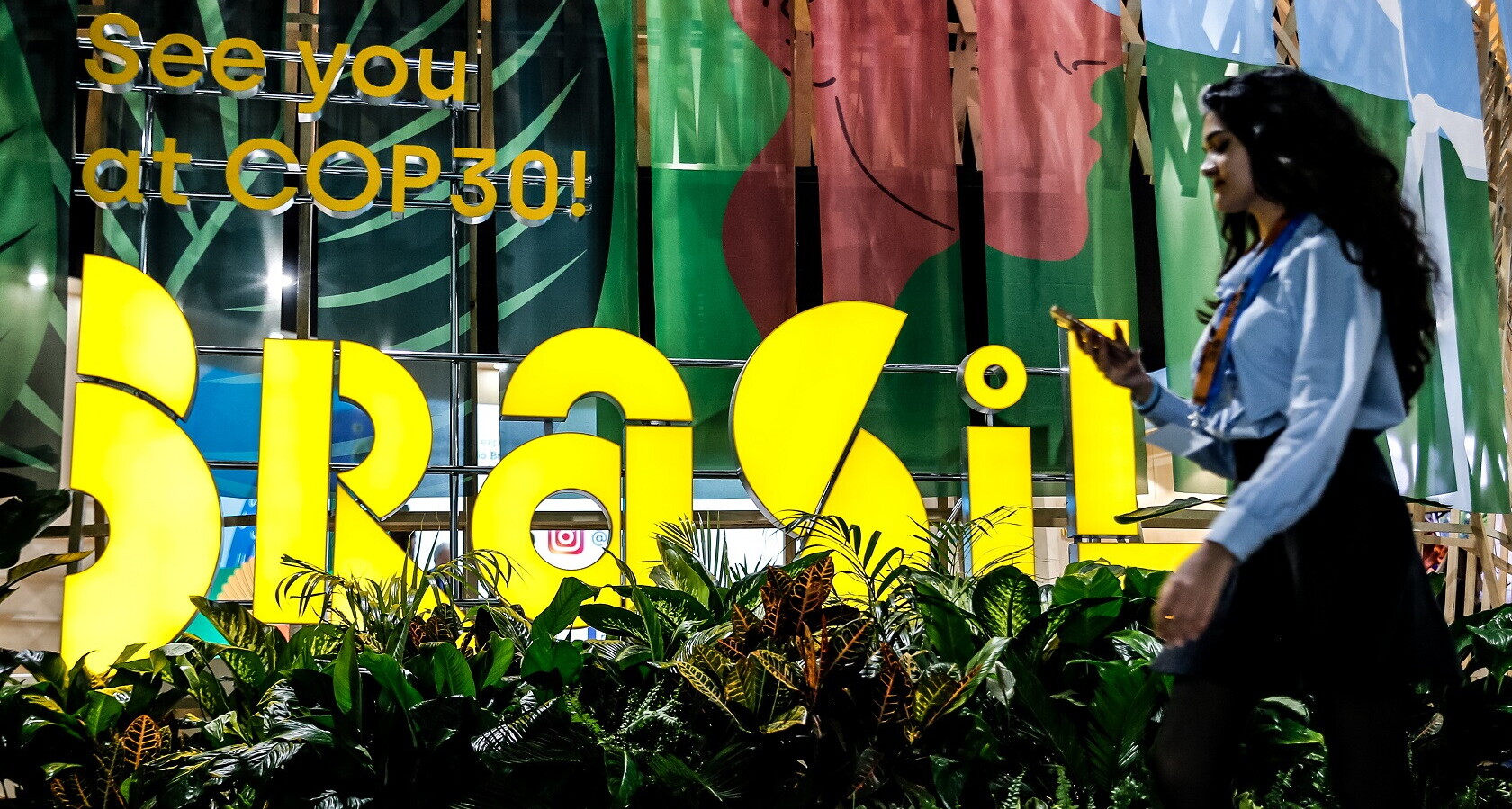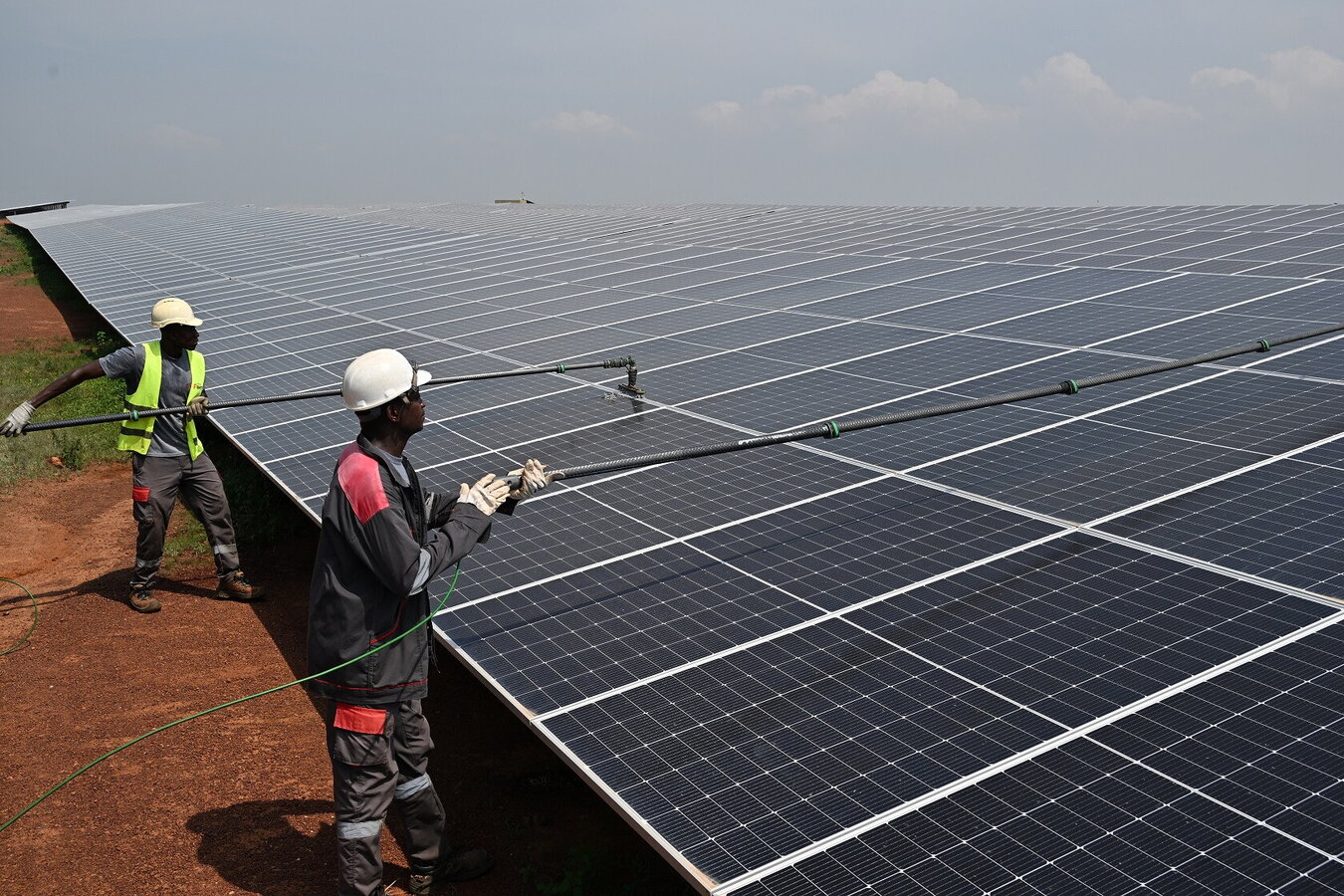
COP 30
An uphill battle for the upcoming UN climate change session
COP 30 opens its doors in Belem, Brazil, at the gateway to the Amazon rainforest. Difficult issues are on the table, but the UN sessions on plastics in Geneva last August were stalled and stalled; and it even opens with the issue of housing and meeting places for the more than 50,000 officials and diplomats who will be attending.8 min
Cop 30. Belem, Brazil. The UN meeting will begin on November 10 and the signs are certainly not good.
It was already known that the US will not participate because Trump issued an executive order withdrawing from the COP (but not from the UN Framework Convention on Climate Change, which was passed by Congress and thus requires a vote by Congress as well). In addition, Trump made a speech at the UN’s 80th anniversary at the UN Secretariat Building in which he called climate change issues a “con job.” This was consistent with his usual rhetoric, except that he lavished praise and hugs on Brazilian President Lula and confirmed fifty percent tariffs for Brazil. The fact that the US will not be present will perhaps prevent the diplomatic complications of having to interpret the official position of the Trump administration, between the presidency, the State Department and the Secretary of State for the Environment.
The plastics conundrum
The global geopolitical situation and the concrete facts related to the environmental sector both tell us that this is not a good time for agreements. Just this past late August, the fifth session of what was to be the "roadmap" toward a UN-backed comprehensive agreement on the responsible use of plastics worldwide was held in Geneva.
However, it came to nothing but a postponement and an "unofficial" final document, which lists for almost didactic purposes all the stages of a journey that began in 2022 and focuses on attention to the use of research, conservation and conversion of companies in the sector, mitigation of effects on mountains, oceans, rivers and seas, and ends abruptly with the typical diplomats' phrase masking the absence of agreement: “to be defined.”
Having failed to find a compromise for a common treaty, there being a strong division between states calling for more ambitious goals up to and including a ban on certain plastics and their finished products, and those calling for a path that is less economically burdensome and socially more communicable to citizens for an economic sector that is present with its service products in virtually every branch of the economy, the decision was made to take more time.
Agreement needed
Negotiations will continue, of course, only if everyone at least agrees that this is an issue concerning 460 million tons of plastics produced in the world, of which only nine percent are actually recycled and which involves a calculated pollution expense between 2016 and 2040 of 281 trillion, or $281 million billion according to data made available by the World Economic Forum.
In any case, and economic forecasts aside, there is no doubt that there is also a lot of entrepreneurial interest in the field, with major companies that are now more than just "start-ups" committed to using transport and recycling systems in seas, oceans and rivers, i.e., where most of the plastic, especially containers and bottles, clumps together in vast "islands" that have now become the direct and concrete knowledge of every deep-sea merchant ship, not just pleasure craft along the coast.
Has the value of a COP in Belem been lost?
With this less than inspiring omen, COP 30 President André Correa do Lago, a highly experienced diplomat chosen by Lula in late 2024, is trying to hold many preparatory meetings of the various sectors into which COP 30 will be divided. And in recent months he has also had to speed up for practical and contingent reasons: the choice of Belem, adjacent to the Amazon rainforest, the planet's best-known green lung, was supposed to bring the world's 40,000 - 80,000 or so delegates face to face with one of the fundamental reasons for their environmental commitment. However, it is precisely the choice of location that is giving rise to organizational problems, which may or may not be surmountable.
In recent years, in fact, the number of leaders present at the work of the COPs has decreased in proportion to the increasingly difficult and cogent decisions to be made: it is one thing to approve a treaty, as it was in Paris, which became operational only after a majority of countries had signed it, and quite another to scrutinize the declarations of individual states and benchmark them against what is written in the Treaty itself, which calls for timely verifications, as the COPs following Paris 2015 must do. The enthusiasm has inevitably waned. Consequently, so did the presence of civil servants, which in fact dropped to about 60,000 last year. However, housing 60,000 people on the edge of the Amazon rainforest is no easy feat, considering that hotels are needed but so are meeting rooms and gathering and relaxation areas, in short, a veritable citadel that, furthermore, must do no harm from an eco-friendly point of view. Imagine if it turned out that water or food was wasted or a square kilometer was deforested to make a relaxation area for the diplomats in attendance.
Have they come to an agreement?
At present, of the 127 countries that have announced their participation, only about 90 percent have confirmed accommodation booked in advance. As for the rest, they will have to rely on creativity and on the reduced presence of major world leaders and, consequently, of large delegations.
It may be that the recent solemn celebration of the United Nations’ 80th anniversary—with its aftermath of comments, analyses, debates, and recriminations—has in fact revved up the engines ahead of COP30, with the addition of China and the BRICS, of which Brazil is one of the leaders. We shall see, but there is no doubt that the road to Belém has been uphill from the start, including from an organizational standpoint.
The only “sweetener” for Correa Do Lago is the very recent news that Brazil’s solar and wind energy production has, for the first time, surpassed 34 percent of the country’s total energy output: certainly, a promising sign for Lula’s opening speech, but inevitably the time will come to open the more delicate files concerning the rest of the world.

